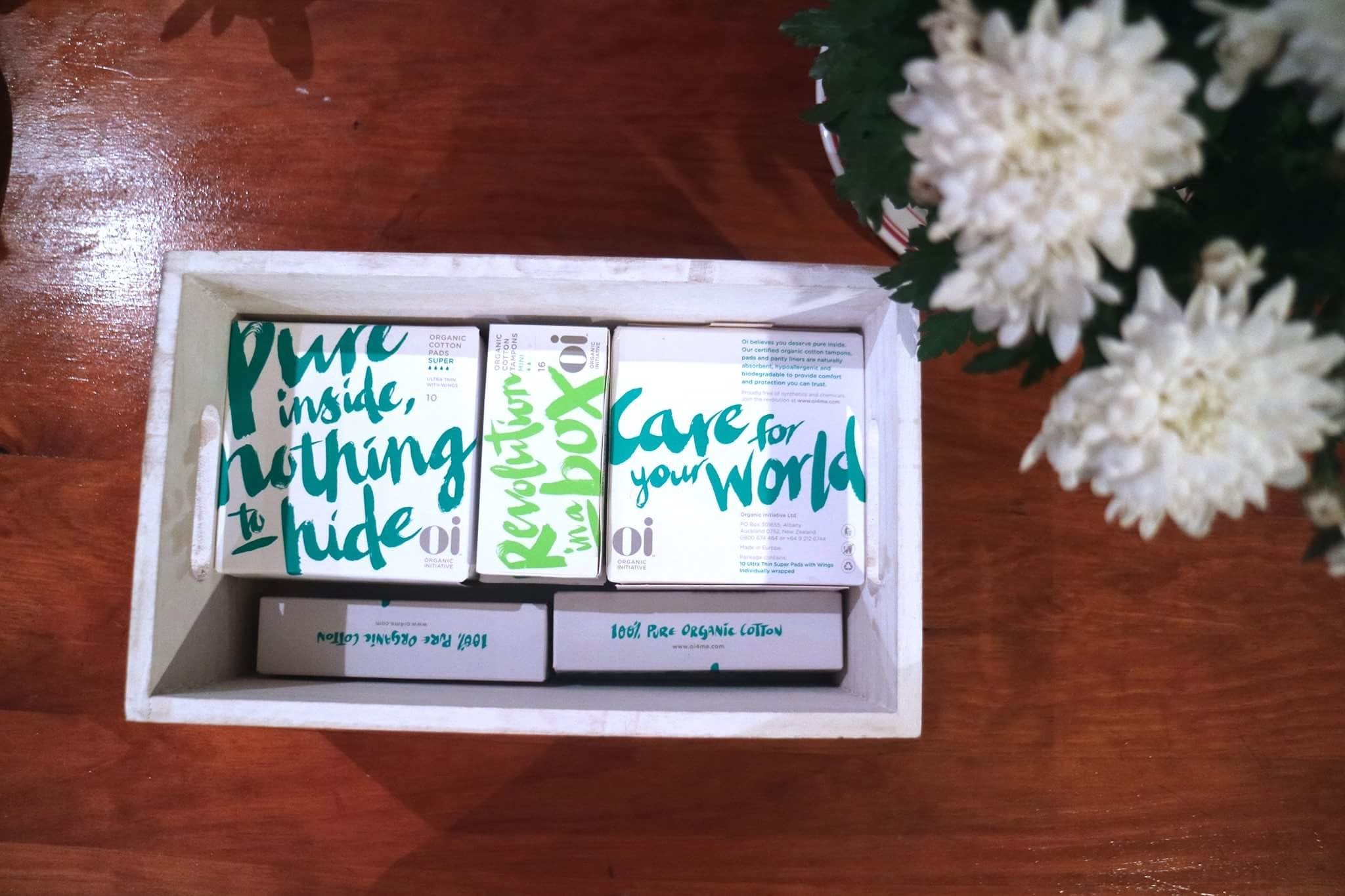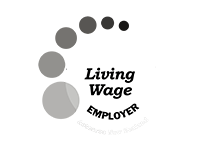March 3, 2017 | by Brigid Quirke | in News |
Dignified
Two Wellington-based women are pioneering accessible sanitary products for New Zealand high schools and corporate businesses.
Borne out of the Victoria Entrepreneurial Bootcamp, Dignity — founded by Miranda Hitchings and Jacinta Gulasekharam — paired with Organic Initiative (OI) to sell and deliver sanitary product subscriptions to corporate employers. This subscription is a part of a unique buy one, give one model that then donates sanitary products to high schools in need.
Recent media attention has exposed major issues around the prohibitive pricing of sanitary items, with Radio New Zealand reporting that students have been forced to skip school or use “newspaper, telephone books, and rags as sanitary products.”
Hitchings said wide research pointed to two different, but prominent, problems: “for high school students, the need is really there in terms of accessibility,” whereas for corporate employees, “the accessibility issue is less about affordability and more about people being caught short,” without sanitary items on hand in the office environment.
“There is so much societal stigma, female employees are often in uncomfortable situations when it comes to periods.”
When Salient asked if Victoria University would participate in the initiative, Pam Thorburn, Director of Student Academic Services, stated that “there are no plans at this point in time to be part of the Dignity scheme, but we would be happy to open a dialogue with VUWSA on the issue.” Dignity was “eager to work with the university,” but acknowledged that this might take some time.
As part of the wider discussion about sanitary items, some advocated for more environmentally friendly options such as mooncups.
Hitchings agreed that this was “in line with Dignity’s values,” but “as tampons and pads are more widely accepted by high school students, it was a case of what was going to be the most usable, and accessible option for them.” However “it is definitely something we would like to revisit.”
Hitchings explained that corporate businesses were targeted “due to them generally having more resources to promote wellbeing and workplace care,” but there has also been discussion of extending Dignity’s reach to employers in hospitality and retail industries. “Not only would that help fund high school students, but the hospitality industry in particular has a lot of women with accessibility issues surrounding sanitary items, so that would be fantastic.”








Leave a comment
This site is protected by hCaptcha and the hCaptcha Privacy Policy and Terms of Service apply.